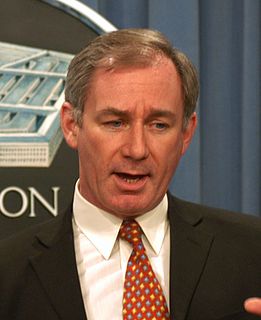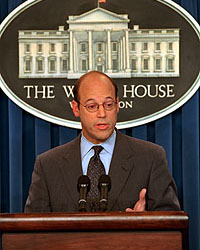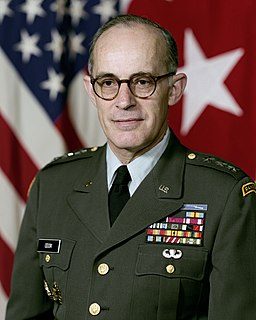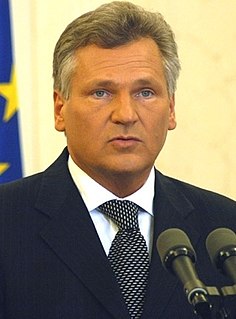A Quote by Donald Trump
Fortunately in Libya, there's only a few cities on the coast, because most of Libya is a desert. The fact of the matter is, we absolutely have to be - and not just with special forces - I mean, that's not going to work. Come on, you've got to go back to the invasion, when we pushed Saddam Hussein out of Kuwait. We have to be there on the ground in significant numbers. We do have to include our Muslim Arab friends to work with us on that. And we have to be in the air. And we - it should be a broad coalition made up of the kinds of people that were involved when we defeated Saddam.
Quote Topics
Absolutely
Air
Arab
Back
Because
Broad
Cities
Coalition
Coast
Come
Defeated
Desert
Fact
Few
Forces
Fortunately
Friends
Go
Going
Going To Work
Got
Ground
Hussein
Include
Invasion
Involved
Just
Kinds
Kuwait
Libya
Made
Matter
Mean
Most
Muslim
Numbers
Only
Our
Out
People
Pushed
Saddam
Saddam Hussein
Should
Significant
Significant Numbers
Special
Special Forces
Up
Us
Were
Work
Related Quotes
There's no telling what might have happened to our defense budget if Saddam Hussein hadn't invaded Kuwait that August and set everyone gearing up for World War II. Can we count on Saddam Hussein to come along every year and resolve our defense-policy debates? Given the history of the Middle East, it's possible.
The British government believes we must be resolved to disarming Saddam Hussein. It must be done before the terror weapons he possesses can be used by Saddam himself or by others with his blessing. We must steel ourselves to the consequences of that resolve and send a clear message to Saddam Hussein: You cannot win. You can only comply and disarm or be defeated. The choice is entirely yours.
Even before September 11, there was a debate in the administration about whether or not military force should be used to oust Saddam Hussein. You're not going to find one person in the top echelons of the foreign policy and national security establishment in the U.S. government who's going to say that Saddam Hussein should not be out of power.
Faced with the potential of mass atrocities and a call for help from the Libyan people, the United States and our friends and allies stopped Gadhafi's forces in their tracks. A coalition that included the United States, NATO and Arab nations persevered to protect Libyan civilians. So this is a momentous day in the history of Libya. The dark shadow of tyranny has been lifted, and with this enormous promise the Libyan people now have a great responsibility: to build an inclusive and tolerant and democratic Libya that stands as the ultimate rebuke to Gadhafi's dictatorship.
































